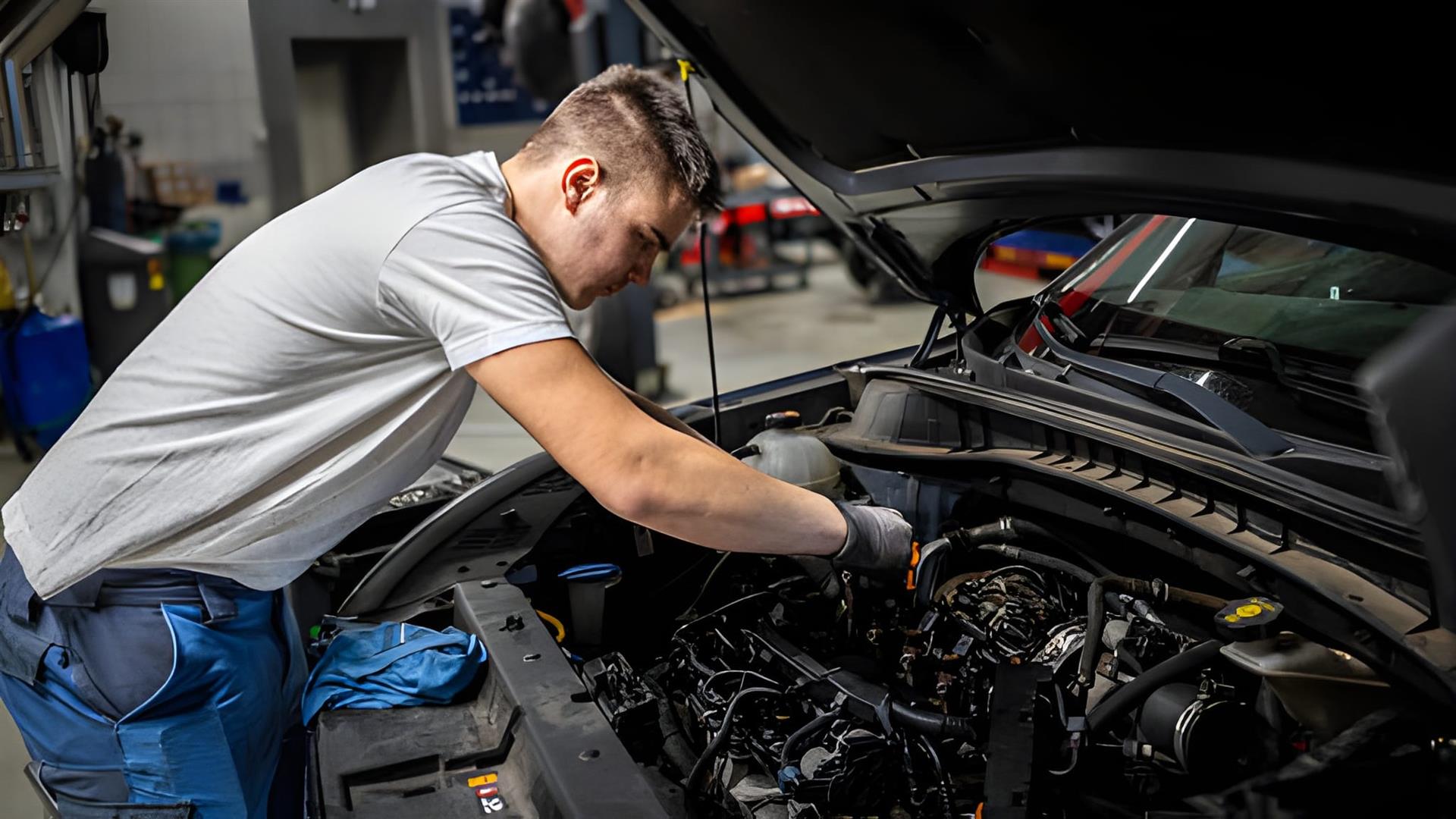Posted on 11/2/2025

As the holiday season approaches, we all start thinking about the gifts we can give to the people we love. But there’s one thing that deserves a little extra care this time of year and it’s sitting right in your driveway. Your car. It gets you to work, school, soccer practice, the grocery store, and every holiday gathering in between. It’s not just a machine it’s the thing that keeps your life moving. So why not treat it to something that will keep it running strong well into the New Year? At Brookside "66" Service, we believe that preventative maintenance is the most meaningful gift you can give your vehicle and by extension, your peace of mind. What Is Preventative Maintenance? Preventative maintenance is more than just oil changes and tire rotations (although those matter, too). It’s about taking care of your car before things go wrong. Here are a few examples of what this looks like: Changing your fluids on time (engine ... read more
Posted on 6/30/2025

Summer is here, and that means it's time for road trips, family vacations, and weekend getaways. Before you hit the open road, ensure your vehicle is ready for the journey ahead. At Brookside "66" Service, we've been serving the Kansas City community since the 1930s, combining old-school service with cutting-edge automotive technology. Here's our comprehensive checklist to keep your travels safe and stress-free. 1. Air Conditioning Performance Kansas City summers can be sweltering. Ensure your A/C system is functioning optimally to keep you cool during your travels. If you notice any issues, our ASE-certified technicians can inspect and service your system promptly. 2. Tire Inspection & Pressure Your tires are your vehicle's only contact wi ... read more
Posted on 5/31/2025

Few things are more stressful than seeing steam billow out from under your hood on a hot Kansas City day. If your car starts overheating, it’s important to stay calm, act quickly, and know what steps to take to protect your engine. At Brookside “66” Service, we’ve helped generations of Kansas City drivers navigate unexpected car troubles, and we’re here to help you too. In this article, we’ll explain the common reasons why cars overheat, and we’ll walk you through exactly what to do if you see that scary smoke so you can stay safe and avoid bigger repairs. If you need expert help right away, you can always call Brookside 66 Service or visit www.brookside66.com for trusted local support. Why Do Cars Overheat? Your car’s engine creates a lot of heat when it runs. Normally, your cooling system—made up of the radiator, coolant, thermostat, and fans—keeps everything at the right temperat ... read more
Posted on 5/2/2025
Planning a spring or summer road trip? Whether you’re headed to the Ozarks, down Route 66, or across state lines, safety should always ride shotgun—especially when you’re traveling with kids, pets, and a fully loaded car. Too often, drivers think a single basic first aid kit will cover everything. But the reality is, each passenger—including your vehicle—has unique needs. From band-aids to jumper cables, pet meds to goldfish crackers, having four distinct first aid kits can help you handle whatever the road throws your way. In this blog, we’ll break down exactly what to pack for your pet, your kids, yourself, and your car—so you can enjoy your trip with peace of mind. At Brookside 66 Service in Kansas City, we’ve been helping local families prepare for long drives and weekend getaways for years. Before your next adventure, stop in for a quick road trip readiness check—we’ll make sure your car’s as prepared as your pack ... read more
Posted on 4/1/2025
When Should You Replace Your Belts and Hoses? Your vehicle’s belts and hoses might not be the first things that come to mind when you think about car maintenance, but they play a crucial role in keeping your engine running smoothly. These components are responsible for powering vital systems, regulating temperature, and ensuring everything under the hood functions as it should. Over time, exposure to heat, pressure, and constant use causes belts to crack and fray, while hoses can become brittle or develop leaks. If left unchecked, a failing belt or hose can lead to serious engine trouble, breakdowns, or costly repairs, which is why regular inspections and timely replacements are so important. What Do Your Car’s Belts and Hoses Do? Your car depends on several belts and hoses to operate efficiently, each with its own critical function. The serpentine belt is one of the most important, as it powers multiple engine accessories, including the alternator, power steering pump ... read more